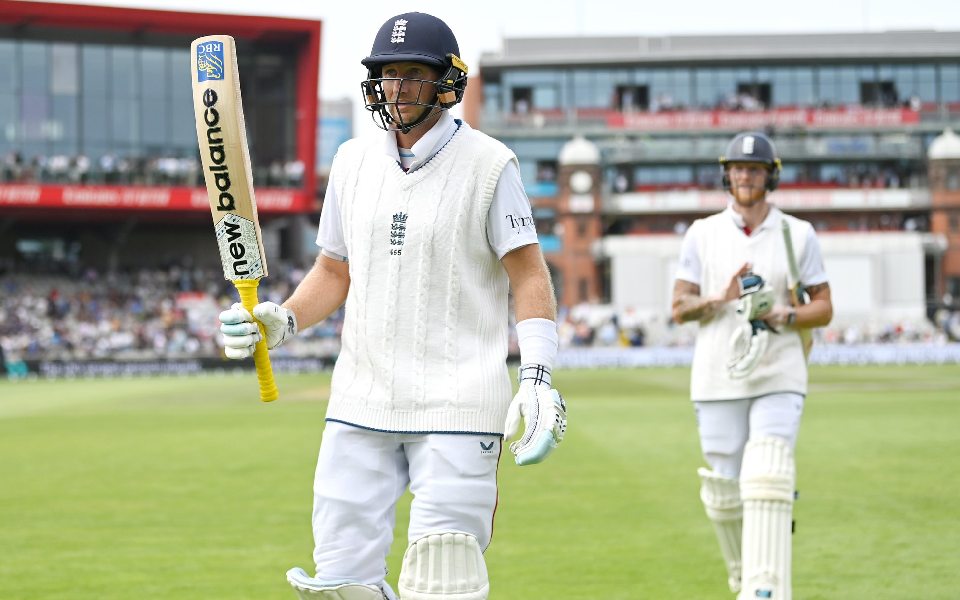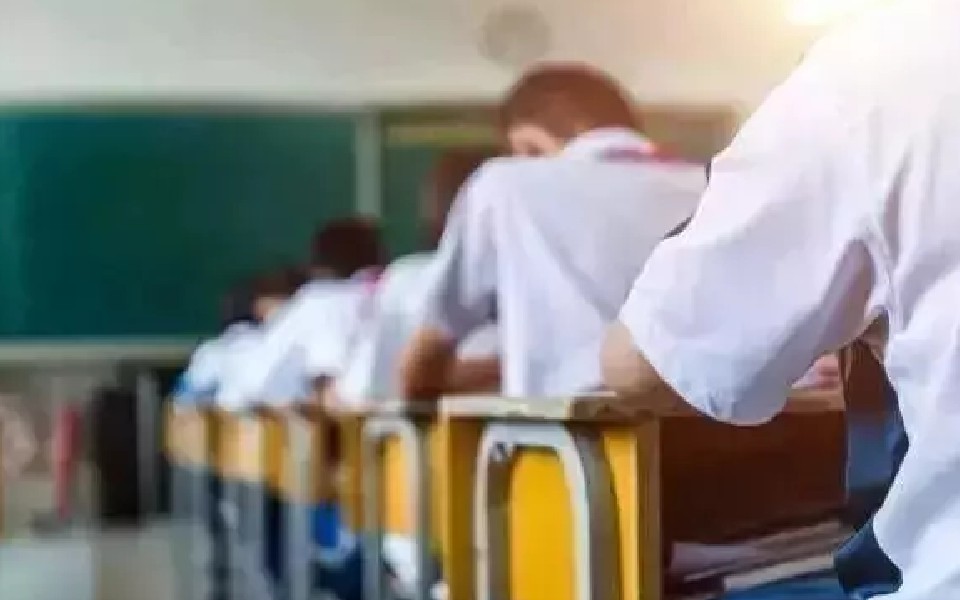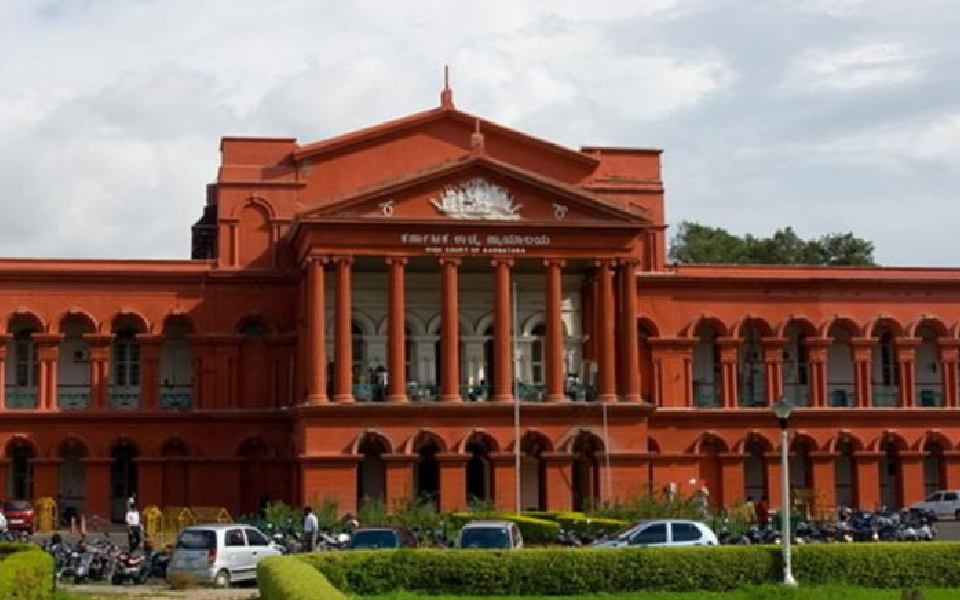New Delhi: Congress leader Rahul Gandhi’s new look for his London visit is attracting attention – the MP apparently got his hair and beard trimmed for the first time since the start of the party rally Bharat Jodo Yatra.
Gandhi landed in London on Tuesday for a student-only lecture at his alma mater, the University of Cambridge. A visiting fellow of the Cambridge Judge Business School (Cambridge JBS), he will speak on "Learning to Listen in the 21st Century".
Pictures of the MP with cropped hair and styled beard were shared by many on social media, with some even using the hash tag #NewLook, reports NDTV.
Rahul Gandhi had not gotten his hair or beard trimmed during the period of the mega rally of the Congress, which covered about 4,000 km in more than four months.
Himanta Biswa Sarma, Assam Chief Minister, had commented in November 2022 that the Congress leader was looking like Saddam Hussein, the former Iraqi dictator.
राहुल गांधी कैंब्रिज यूनिवर्सिटी में - #NewLook pic.twitter.com/Hu7jLdRmDK
— Sandeep Singh (@ActivistSandeep) March 1, 2023
Rahul Gandhi ji trims off his beard, finally. @RahulGandhi #RahulGandhi pic.twitter.com/YsHkjoeGiN
— Sundar IYC (@sundar_iyc) March 1, 2023
Let the Truth be known. If you read VB and like VB, please be a VB Supporter and Help us deliver the Truth to one and all.
Manchester, Jul 25 (PTI): England extended their lead to 186 runs, closing day three of the fourth Test against India at 544/7 here on Friday.
It was a landmark day for Joe Root, who crafted a sublime 248-ball 150 and leapfrogged legends Rahul Dravid, Jacques Kallis, and Ricky Ponting to become the second-highest run-scorer in Test history.
India clawed their way back into the contest in the final session, claiming three wickets to stall England's charge.
At stumps, skipper Ben Stokes, who had earlier retired hurt due to cramps, resumed his innings and remained unbeaten on 77 alongside Liam Dawson, who was batting on 21.
Brief scores:
India 1st innings: 358 all out in 114.1 overs (Sai Sudharsan 61, Yashasvi Jaiswal 58; Ben Stokes 5/72).
England 1st innings: 544 for 7 in 135 overs (Joe Root 150, Ben Duckett 94; Washington Sundar 2/57 ).





